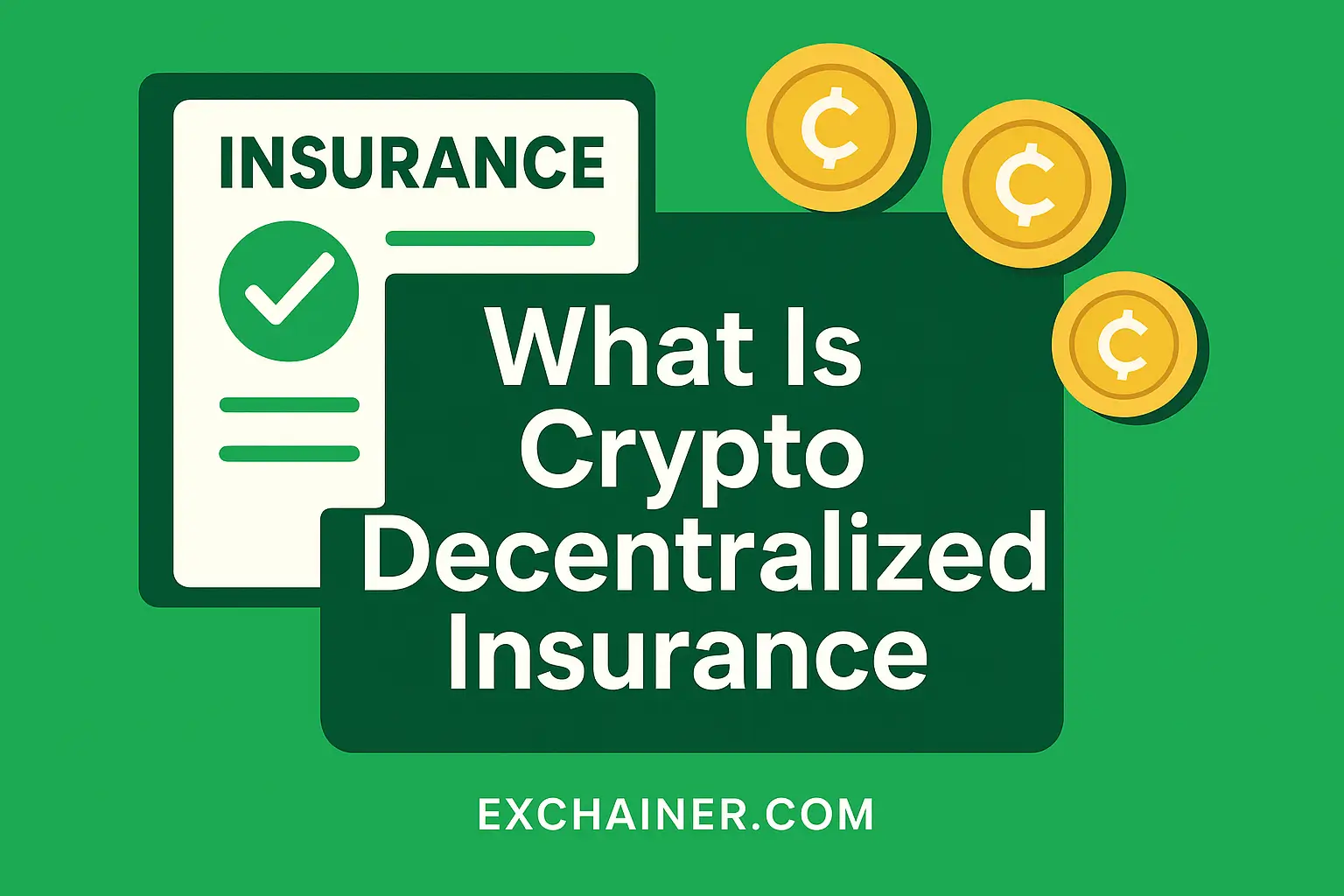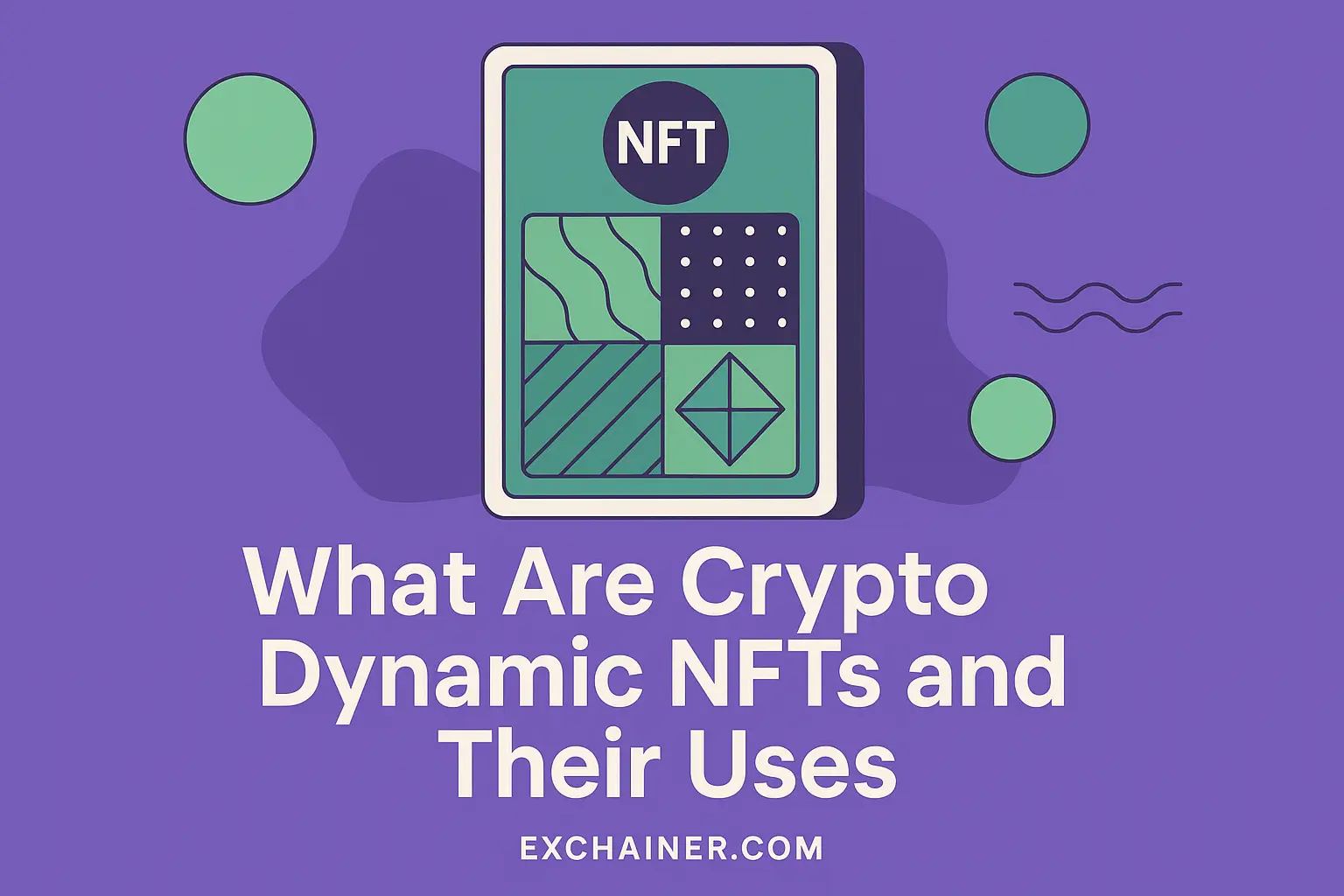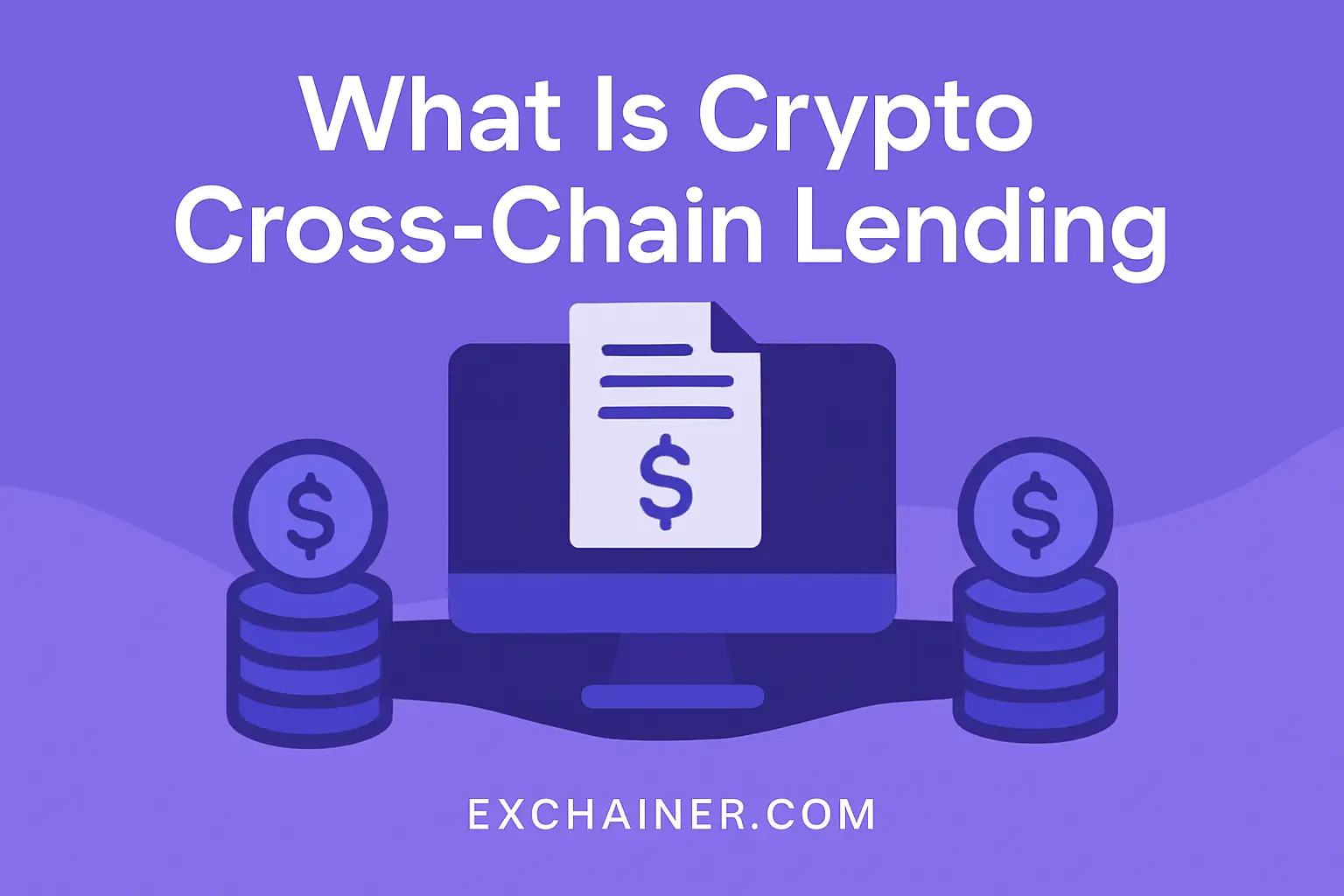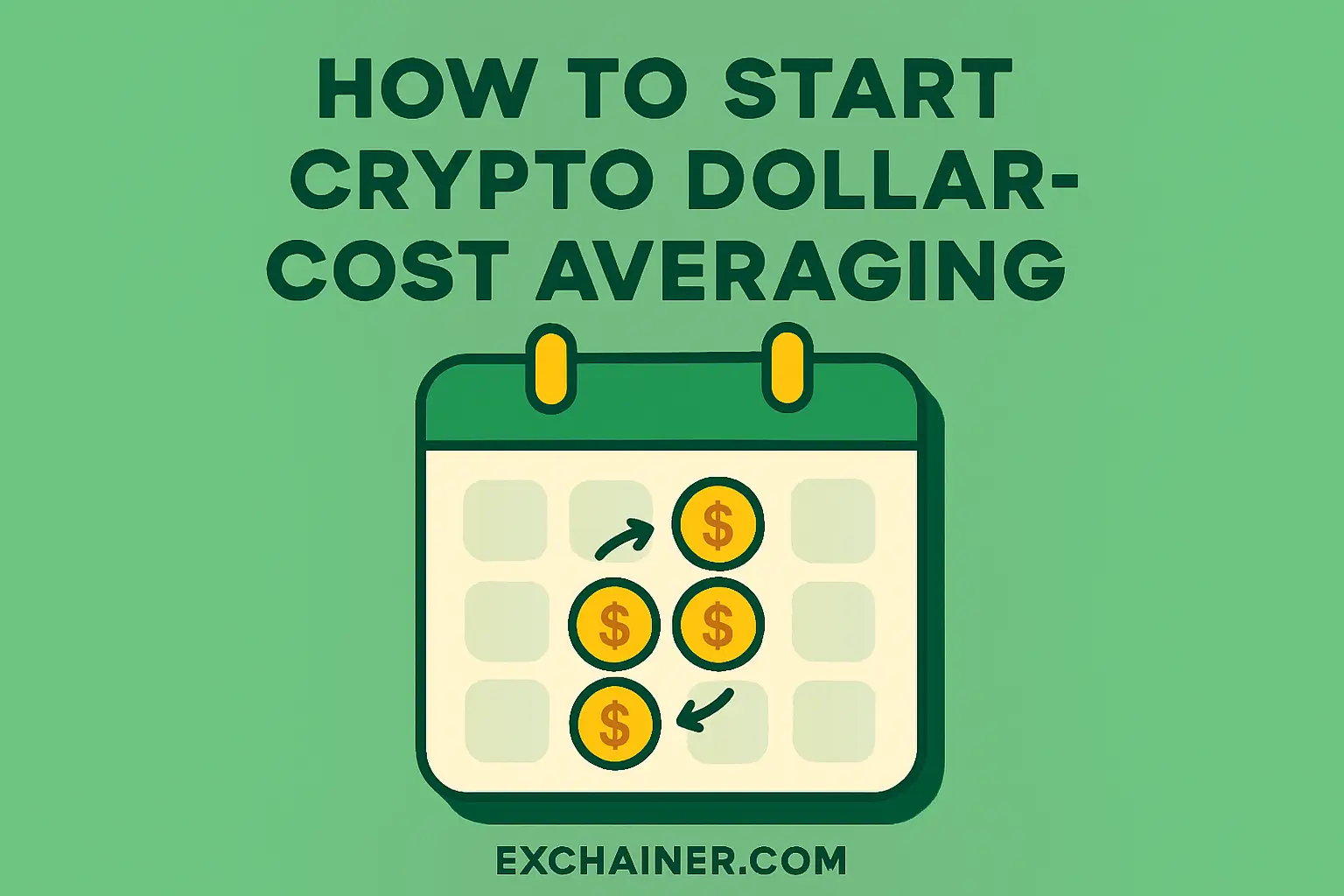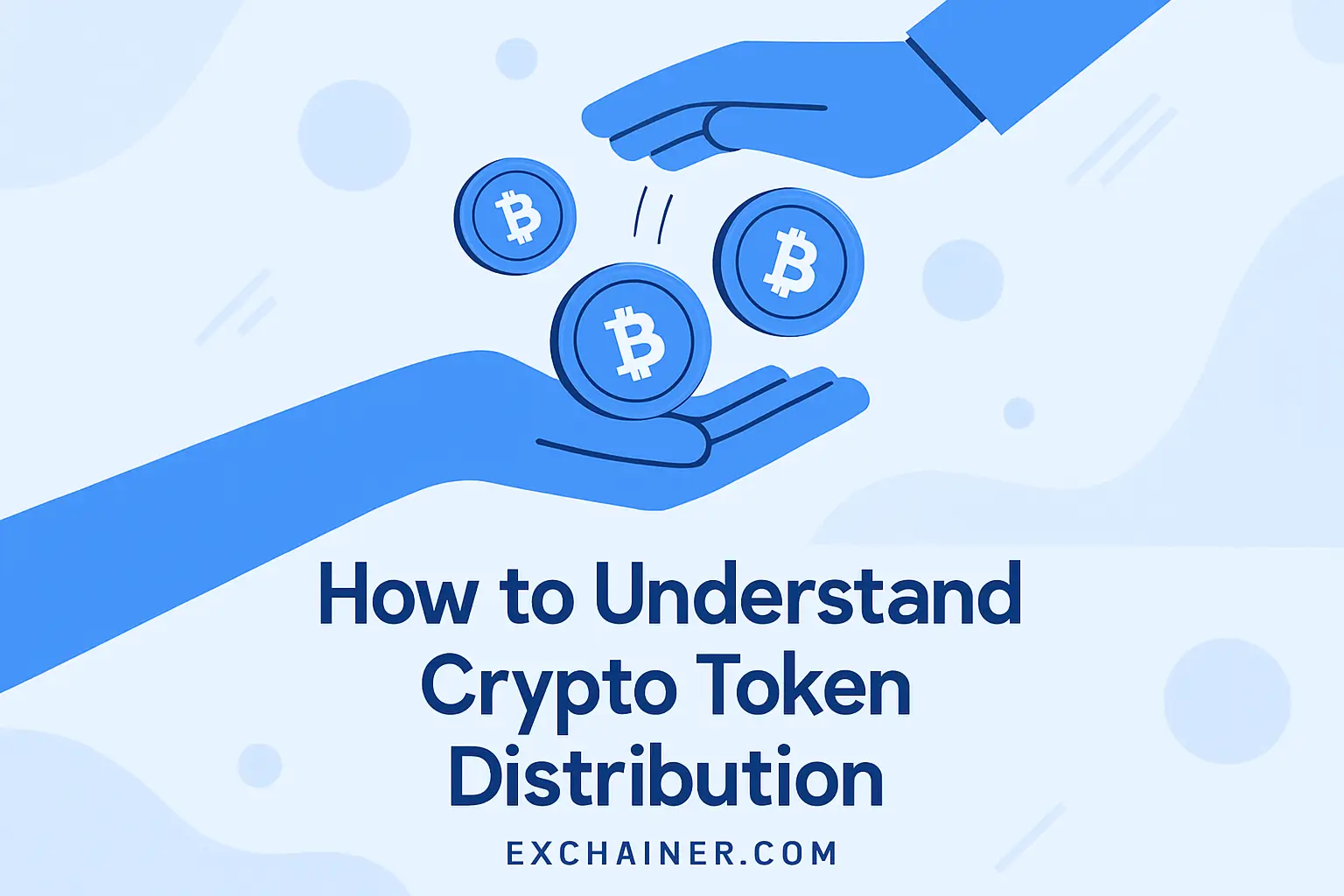Understanding Decentralized Insurance: A New Era in Crypto Protection
Friends, if you've been diving into the world of cryptocurrency, you might have come across the term decentralized insurance. But what exactly is it, and why should you care? In a landscape where digital currencies and blockchain technology keep transforming finance, decentralized insurance is becoming an essential piece of the puzzle. Think of it as a new safety net designed specifically for the digital age, shaking up how we think about protecting assets and managing risk.
Decentralized insurance offers a fresh, innovative alternative to traditional insurance models, which many people find slow, opaque, and sometimes unreliable. In contrast, decentralized insurance leverages blockchain's transparency and automation to create a system where trust is built into the technology rather than relying on middlemen or big corporations. Whether you’re securing your crypto investments, smart contracts, or even your NFTs, decentralized insurance is quickly becoming a critical topic for anyone looking to safeguard their digital assets.
If you’re curious about how this cutting-edge approach works, how it differs from traditional insurance, and what practical benefits it offers, you’re in the right place. This beginner guide will break down everything you need to know about decentralized insurance, how it fits into the broader crypto ecosystem, and how you can start exploring it confidently.
What Is Decentralized Insurance?
At its core, decentralized insurance is an insurance model built on blockchain technology. Traditional insurance companies operate through centralized systems, meaning a single company manages policies, claims, and payouts. In decentralized insurance, the process is automated and governed by smart contracts that run transparently on a blockchain without the need for middlemen.
Think of it as peer-to-peer insurance on steroids. Rather than relying on an insurance giant to handle your claim, the decentralized insurance model uses code and consensus mechanisms to decide payouts fairly and quickly. This approach promises reduced costs, minimized fraud, and more equitable outcomes.
To simplify: if your insured event occurs—say a crypto exchange gets hacked or a smart contract fails—the decentralized insurance platform verifies the claim automatically based on pre-set rules, and funds are released from a shared pool controlled by the community.
This is radically different from the paperwork-heavy, often slow traditional insurance claims process. Everyone involved has visibility into the rules and processes, which boosts trust and accountability.
Key Components of Decentralized Insurance
Understanding decentralized insurance requires knowing its technical pillars:
- Smart Contracts: These are self-executing scripts on a blockchain that enforce the insurance agreement without intermediaries.
- Blockchain Transparency: Every transaction and policy rule is recorded on a public ledger, making the system open and tamper-resistant.
- Community-Driven Risk Pools: Instead of a single company underwriting risk, groups of users pool their resources to insure each other.
- Decentralized Governance: Policy changes, claim approvals, and dispute resolutions are collectively managed by token holders voting on proposals.
Each element ensures that decentralized insurance is not just innovative but built to withstand manipulation and inefficiencies that plague traditional insurance frameworks.
How Decentralized Insurance Works in Practice
To paint a clearer picture, let's walk through how you would use decentralized insurance. Suppose you’re an active crypto trader worried about losing your funds on a DeFi platform due to a hack or a smart contract bug.
- Choosing a Policy: You visit a decentralized insurance platform like Nexus Mutual or Cover Protocol and purchase a coverage plan covering losses on that specific protocol.
- Pooling Funds: Your premium goes into a communal risk pool along with other users’ contributions. This pool is the source for paying valid claims.
- Event Occurs: If the covered event happens—for example, the protocol you insured is exploited—you file a claim.
- Community Assessment: Instead of a claims adjuster, a group of staked token holders in the network votes on the claim’s validity based on the evidence you provide.
- Smart Contract Payout: When the vote passes, the smart contract automatically releases funds from the pool to your wallet.
This seamless, fairly quick, and transparent process eliminates the delays and opaque decision-making typical of centralized insurance companies.
A Real-World Example
Nexus Mutual, one of the pioneers in decentralized insurance, famously helped users recover funds after the Euler Finance DeFi protocol experienced a $197 million hack in 2023. Users who had coverage through Nexus Mutual received payouts with minimal friction, showcasing how decentralized insurance can provide crucial protection in high-risk crypto environments.
Why Decentralized Insurance Matters in Crypto
Crypto is exciting but volatile. Hacks, bugs, smart contract failures, and scams are unfortunately common risks. Traditional insurance companies have been slow to adapt to this new reality, leaving many digital asset holders exposed.
That's why decentralized insurance is such a game-changer:
- Accessibility: Anyone with a crypto wallet can join and buy insurance, bypassing lengthy credit checks or paperwork.
- Transparency and Trust: Since the blockchain ledger is public, you know exactly where your premiums go and how claims are handled.
- Lower Costs: No commissions or hefty operating expenses inflate premiums.
- Community Empowerment: Policyholders have a say in governance decisions, creating a democratic system.
- Innovative Uses: Decentralized insurance opens doors to insuring all sorts of digital risks – from yield farming to NFT ownership.
This shift means more people can confidently engage with crypto, knowing they have access to real safety nets. It may just be the key to mass adoption.
Comparing Decentralized and Traditional Insurance
Traditional and decentralized insurance share the same goal: providing coverage to manage risk. However, the differences are striking:
- Centralized insurers have opaque processes and rely on trust in third parties. Decentralized insurance replaces trust with technology and collective decision-making.
- Traditional insurance can take days or weeks for claim approvals. Decentralized models settle claims quickly and transparently.
- Premiums in conventional insurance can be expensive due to administrative costs and profit margins. Decentralized platforms often offer competitive rates.
- Control lies with companies in traditional insurance; decentralized insurance puts governance in the hands of the community.
In essence, decentralized insurance is the natural fit for the decentralized finance space.
Tips for Using Decentralized Insurance Wisely
If you’re ready to explore decentralized insurance but unsure where to start, here are some practical lifehacks:
1. Research Platforms Thoroughly: Not all decentralized insurance protocols are created equal. Look for ones with strong audits, sound governance models, and good track records.
2. Understand What Is Covered: Coverage varies by project and policy. Ensure you’re clear on what risks you’re insured against and any exclusions.
3. Diversify Your Coverage: Just like traditional investing, don’t put all your eggs in one basket. Consider multiple policies covering different aspects of your crypto activity.
4. Participate in Governance: If you hold governance tokens, engage in voting to help shape policy rules and ensure the platform remains fair and secure.
5. Keep Up With Updates: The decentralized insurance space evolves fast. Staying informed about new projects, hacks, and developments will help you make smart decisions.
Remember, every new technology carries risks, but knowledge and cautious participation can tip the odds in your favor.
Useful Resources and Authorities
To deepen your understanding, here are some authoritative resources:
- Nexus Mutual – A pioneering decentralized insurance platform.
- CoinMarketCap’s decentralized insurance section – For market insights and project info.
Both offer practical data to assess which options suit your needs.
The Future of Decentralized Insurance
Looking ahead, decentralized insurance is poised to become a cornerstone of the burgeoning crypto ecosystem. As blockchain technology and smart contracts mature, expect more sophisticated insurance products that cover a wider range of crypto risks efficiently.
Experts predict broader integration with traditional finance, creating hybrid models that combine the trust and reach of legacy insurers with the efficiency and transparency of decentralized protocols.
Plus, the rise of Web3 and the metaverse will demand innovative insurance solutions to protect digital identities, virtual assets, and online interactions.
Decentralized insurance isn't just a trend; it’s the next logical step toward a more open, fair, and resilient financial world. As the famous Warren Buffett quote goes: “Risk comes from not knowing what you're doing.” Understanding and leveraging decentralized insurance can help you mitigate those risks in the crypto space.
Conclusion: Embrace Decentralized Insurance for Your Crypto Security
Friends, navigating crypto can be exciting yet risky, but decentralized insurance offers a promising shield against many uncertainties. By using blockchain technology, smart contracts, and community governance, this innovative insurance model makes protection accessible, transparent, and fair.
Whether you’re a beginner or have some experience with digital currencies, learning about decentralized insurance is a smart move. It empowers you to safeguard your tokens, smart contracts, and digital assets with fewer headaches than traditional insurance.
So why not explore these platforms, understand the coverage available, and maybe even join a community to contribute to decision-making? It’s about taking control of your crypto journey with confidence.
If you want to keep expanding your knowledge, check out more beginner-friendly and intermediate guides at Crypto 101. Looking for trusted exchange platforms? Visit our Exchange Reviews. And don’t forget to secure your funds—discover digital wallets and tools at Tools and Wallets.
Dive in now, and start protecting your crypto assets the smart way with decentralized insurance!

